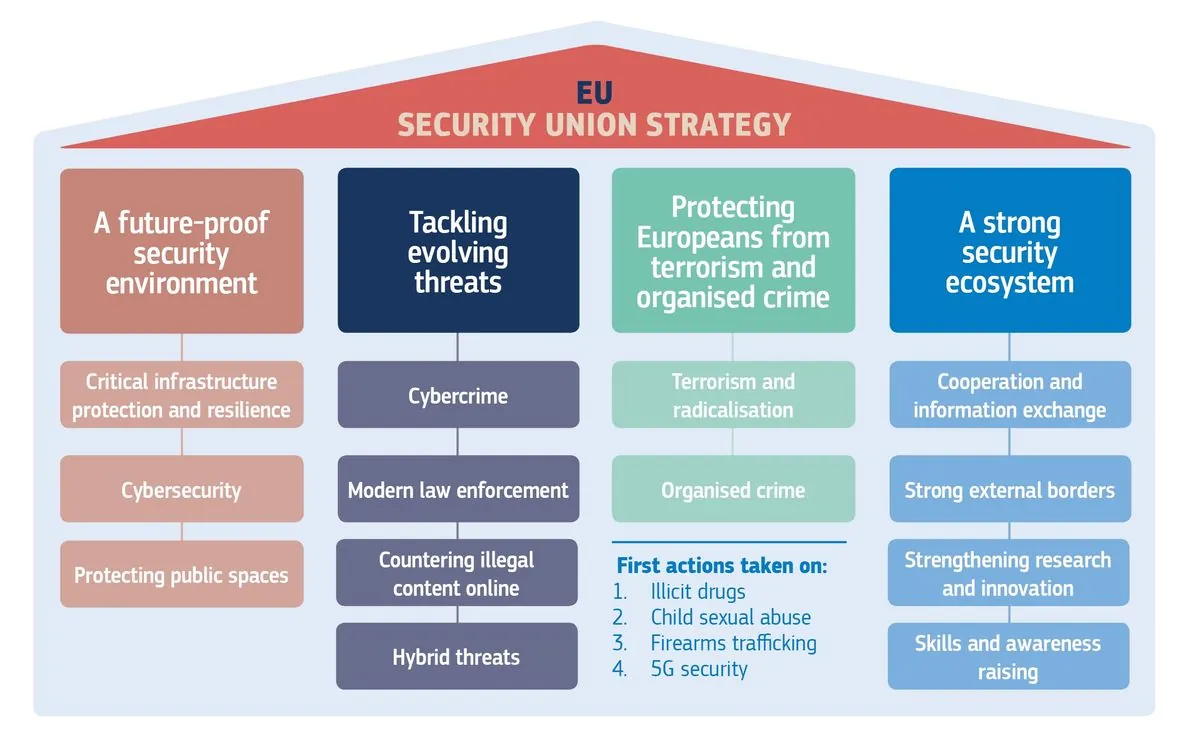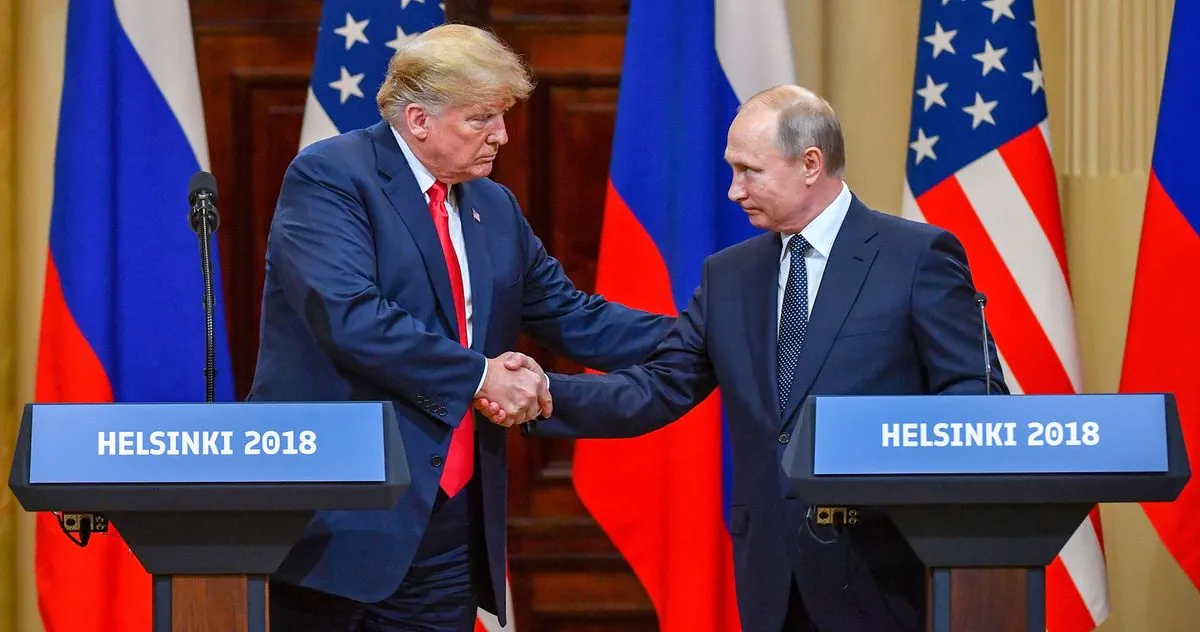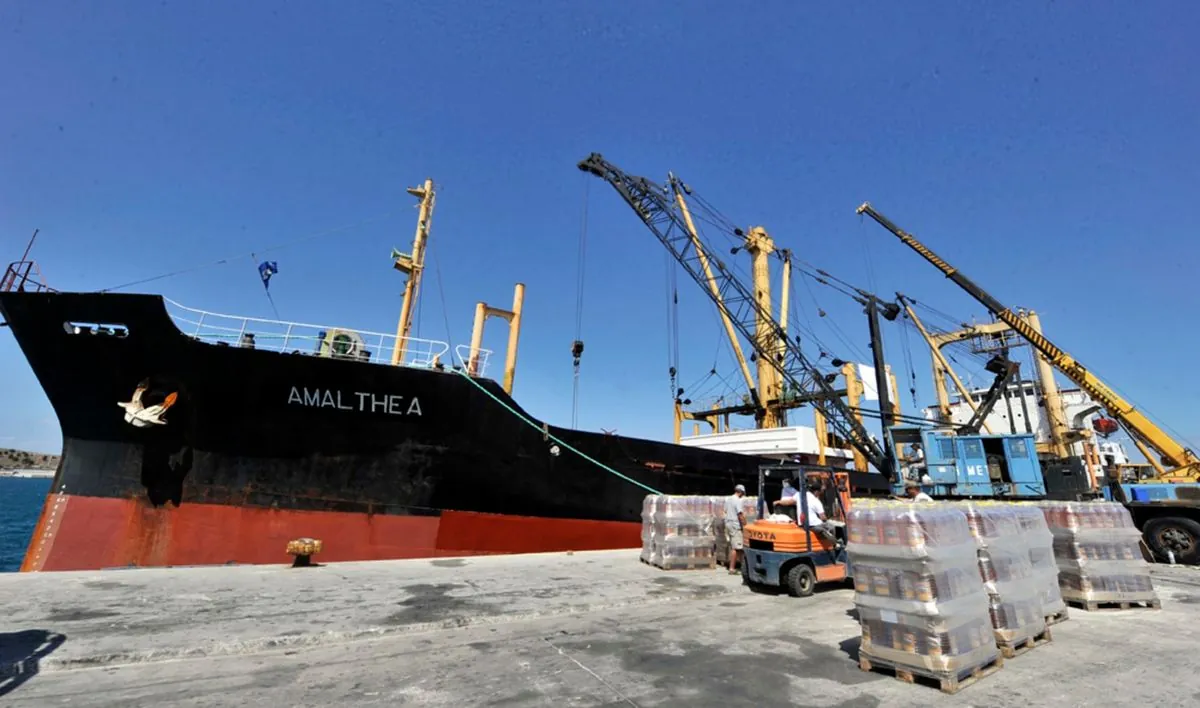EU Unveils Sanctions Framework to Counter Russian Cyber Threats
The European Union has established a new sanctions system targeting individuals and entities involved in Russian-backed cyber activities. This move aims to protect EU security and support for Ukraine.

The European Union has recently implemented a new sanctions framework to address cyber threats and other hostile activities attributed to Russia. This system, established on 2024-10-08, aims to impose penalties on individuals and organizations accused of undermining EU support for Ukraine through various means, including cyberattacks, information manipulation, and sabotage.
This development comes in response to growing concerns about Russian activities targeting European nations. Earlier in 2024, NATO issued a warning about "hostile state activity" by Russia against several EU member states, including the Czech Republic, Estonia, Germany, Latvia, Lithuania, Poland, and the United Kingdom. The alliance emphasized that these actions pose a significant threat to the security of its members.

The EU has reported an increase in a wide range of activities that fall below the threshold of military action but still pose substantial risks. These include:
- Disruption of satellite communications
- Violations of European airspace
- Physical attacks against individuals
- Attempts to undermine elections and democratic institutions
- Attacks on critical infrastructure
- Exploitation of migrant flows for destabilization
The new framework allows the EU to target those responsible for activities that threaten its fundamental values, security, independence, and integrity. Sanctions may include asset freezes and travel bans, although specific measures have yet to be implemented.
Josep Borrell, the EU's High Representative for Foreign Affairs and Security Policy, stated:
"We are united and determined to address these activities and hold perpetrators accountable. Our support to Ukraine will remain solid and unwavering for as long as it takes."
This initiative builds upon the EU's existing efforts to enhance cybersecurity and counter hybrid threats. The European Union Agency for Cybersecurity (ENISA), established in 2004, has been at the forefront of these efforts. Additionally, the EU adopted its first cybersecurity strategy in 2013 and has since implemented various measures to strengthen its digital defenses.
The new sanctions system complements other EU initiatives, such as the European Cybersecurity Industrial, Technology and Research Competence Centre, established in 2021, and the Rapid Alert System, set up in 2019 to counter disinformation campaigns. These efforts are part of a broader strategy to address the evolving nature of security threats in the digital age.
As the EU continues to strengthen its response to hybrid threats, cooperation with NATO remains crucial. The EU-NATO partnership has been reinforced through joint declarations in 2016 and 2018, emphasizing the importance of a coordinated approach to addressing common security challenges.
The implementation of this new sanctions framework marks a significant step in the EU's efforts to protect its interests and support Ukraine in the face of ongoing Russian aggression. As cyber threats continue to evolve, the EU's ability to adapt and respond effectively will be crucial in maintaining the security and stability of its member states.


































